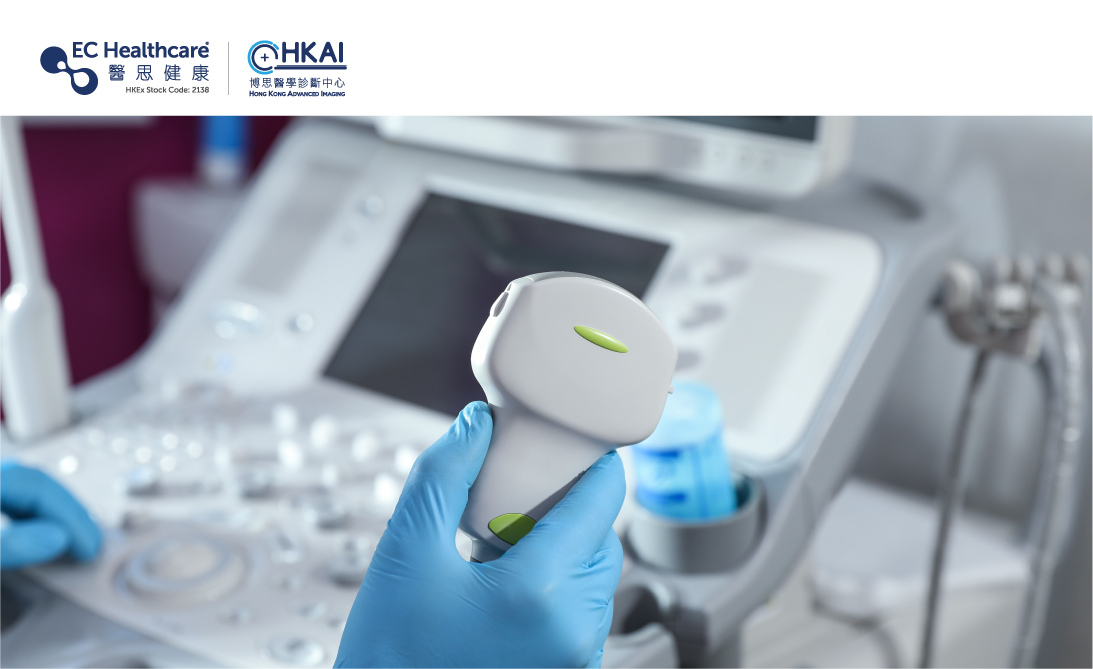[Ultrasound] It not just use for checking pregnancy? Learn more about its principle, application scope and precautions!


When it comes to ultrasound, the first thing that many people think of may be prenatal check-up. Indeed, ultrasound plays an important role in prenatal care, helping doctors observe fetal development. However, the applications of ultrasound extend far beyond this. It is a versatile technology with many important applications in medicine.

The principle of ultrasound
Ultrasound is a non-invasive scanning method that uses a small probe, ultrasound gel and control panel to generate immediate, real-time images of the inside of the body using a sound wave with a frequency above the audible range of the human ear.
Application scope of ultrasound
In medicine, ultrasound is most commonly used for fetal examination, such as checking the baby's gender, monitoring heartbeat, fetal structure and internal organs, etc. With the advancement of medicine, Doppler ultrasound technology is now used to observe the blood flow of arteries and veins in the body to determine normal blood flow. Its coverage includes the pelvis, abdomen, limbs, neck, brain, and various organs.
Other common uses of ultrasound include:
-Detect breast tissue: evaluate for lumps, implants or abnormalities
-Check the heart: diagnose heart disease or monitor recovery after surgery
-Pelvic examination: for problems with the bladder, uterus or ovaries in women or bladder, prostate and seminal vesicles in men. Also used to look for stones or tumors.
-Thyroid: confirm blood flow and speed, look for cysts, nodules, tumors, etc.
-Upper abdominal examination: common symptoms include kidney, liver, gallbladder, bile duct, pancreas, spleen and abdominal pain
-Carotid artery: confirm blood flow, locate hematoma or confirm postoperative recovery status
-Bone density examination: confirm whether the patient has osteoporosis
-Physical therapy: accelerate blood circulation and improve pain through vibration waves.
Ultrasound has limitations, such as being blocked by air and bones. Depending on the patient's condition, doctors may choose detection methods other than ultrasound, such as X-rays, CT scans, or MRIs. In addition to medicine, ultrasound is also very important in industry and military. For example, in industry, ultrasonic waves are used for cleaning and welding functions; in the military, they are commonly used for radar and positioning purposes.
Things to note about ultrasound
Ultrasound examinations, unlike X-rays and CT scans, do not use ionizing radiation, so there are no side effects. Ultrasound examination is suitable for almost all people, and because it is safe, painless, and non-invasive, it is often used by doctors to assist diagnosis.
No special preparation is required before the ultrasound examination, just wear loose and comfortable clothing. In certain situations, such as a pelvic ultrasound, the doctor may ask you to drink enough water or inject a contrast agent to facilitate clearer observation.
Hong Kong Advanced Imaging provides comprehensive physical examinations for female and male, and sets the required ultrasound examinations in the package according to different needs, allowing you to understand your physical health status in one go.
Disclaimer: This article is prepared by an independent third party and is not sponsored. The content provided is solely for informational purposes and should not be considered a substitute for professional medical advice, diagnosis, or treatment. It does not represent any specific viewpoint. In the event of any discomfort or health issues, it is advised to seek medical attention promptly.






